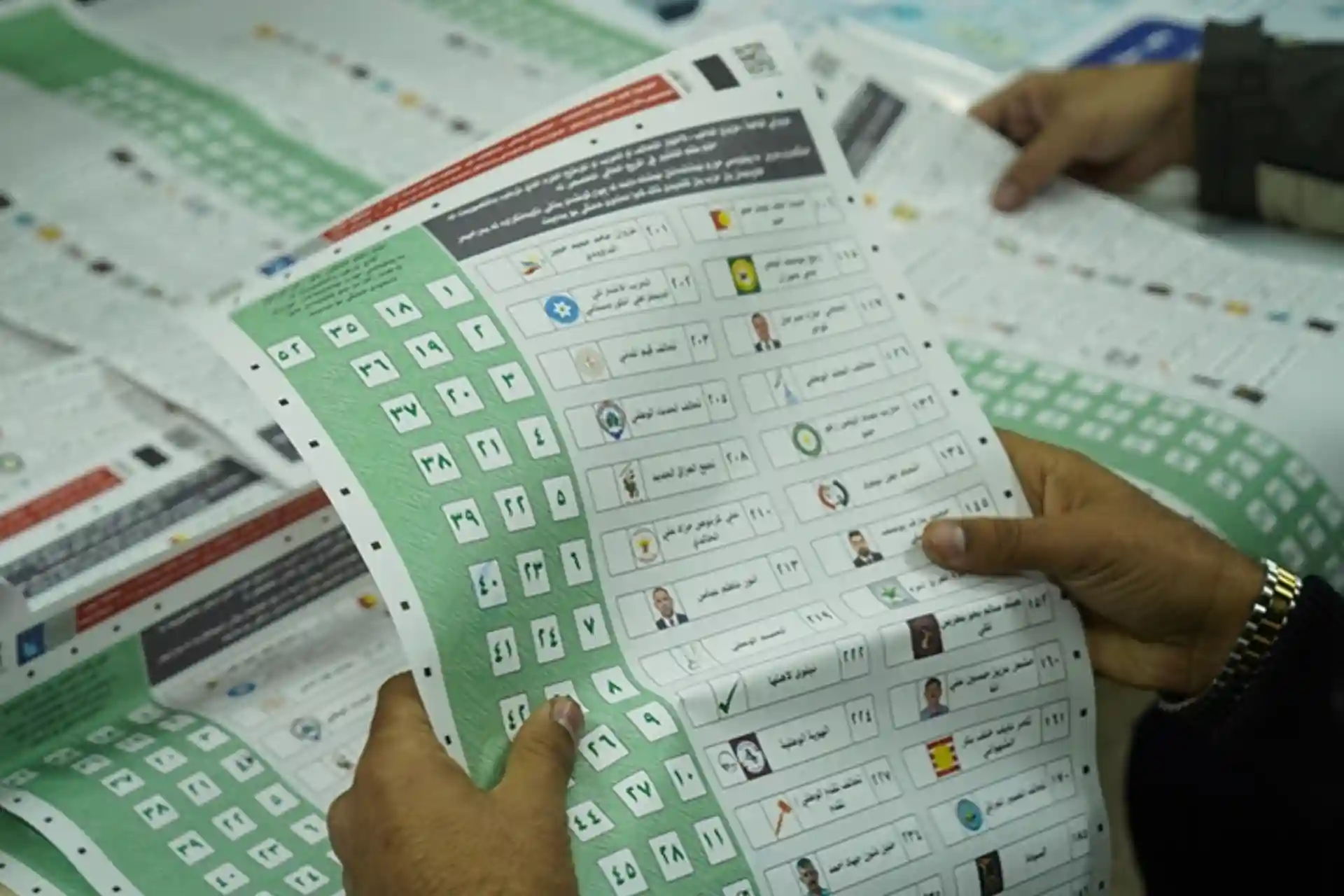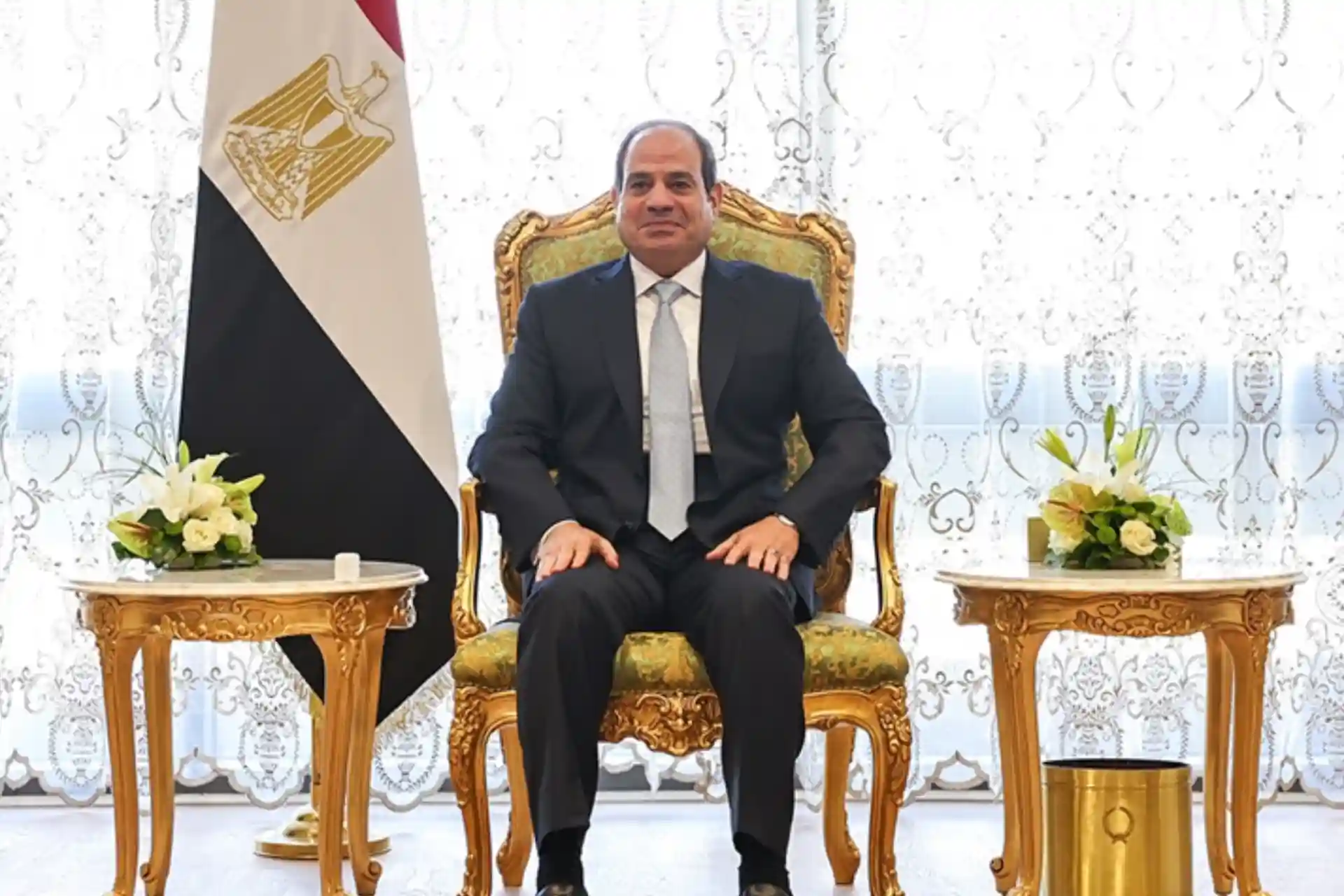Local elections were held in Iraq for the first time in the last 10 years
According to the preliminary estimates of the local elections held in Iraq after 10 years, the Shia parties took the first place, especially in the southern regions of the country.
In the elections, 41 percent of 16 million voters - 6 million 599 thousand 668 people voted - "Nebni Union" led by Hadi al-Amiri became the coalition that received the most votes across the country. The "State of Law Coalition" led by the former Prime Minister Nouri al-Maliki took the second place, and the "Taqaddum Party" of the former Speaker of the Parliament Muhammad Halbusi took the third place.
A total of 5,904 candidates from various parties and alliances competed for 275 seats in the election, 70 of the 275 seats were reserved for women.
Muqtada al-Sadr, the religious and political leader with the largest Shiite base in Iraq, boycotted the elections.
In particular, local elections were held for the first time in 18 years in Kirkuk, where all parts of Iraq live. Candidates in Kirkuk entered the election race with 12 alliances.
Turkmens, who have an important component in the city, participated in the election with the United Iraqi Turkmen Front.
However, local elections in the federally governed country were not held in cities under the control of the Iraqi Kurdish Regional Government.


